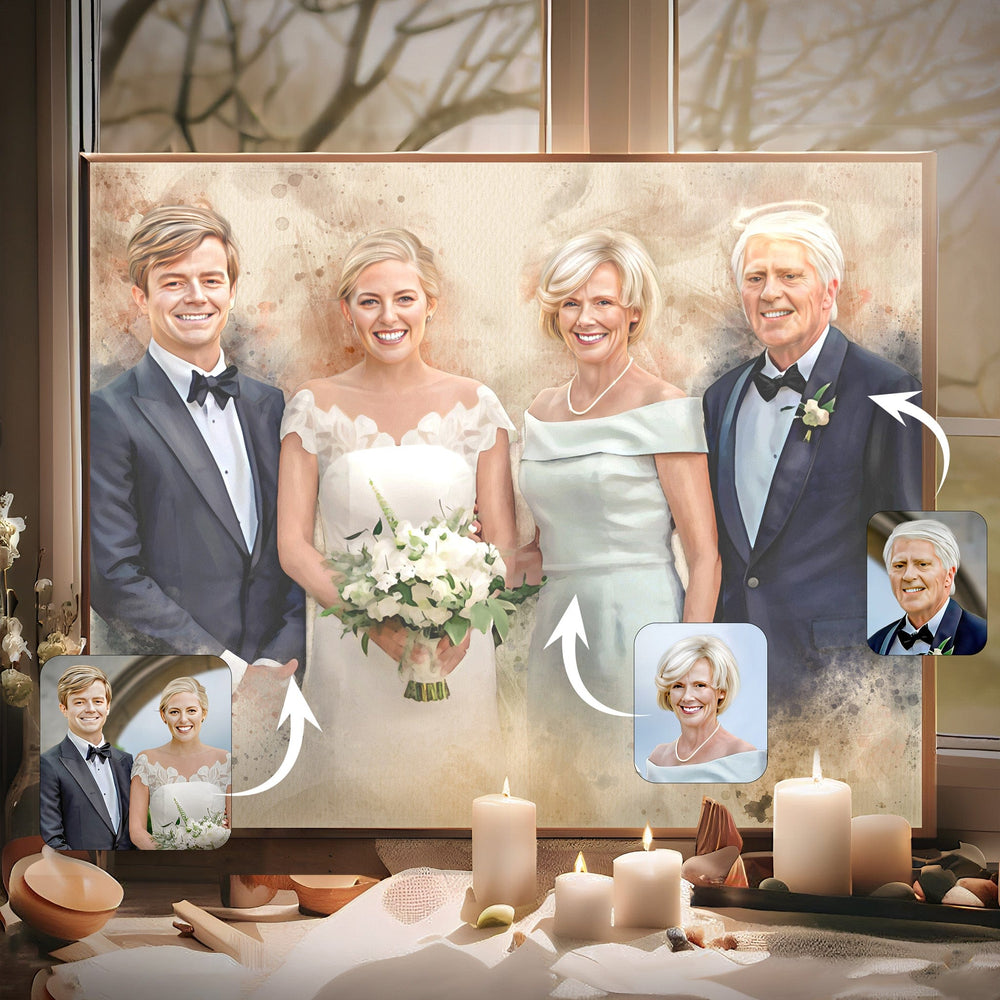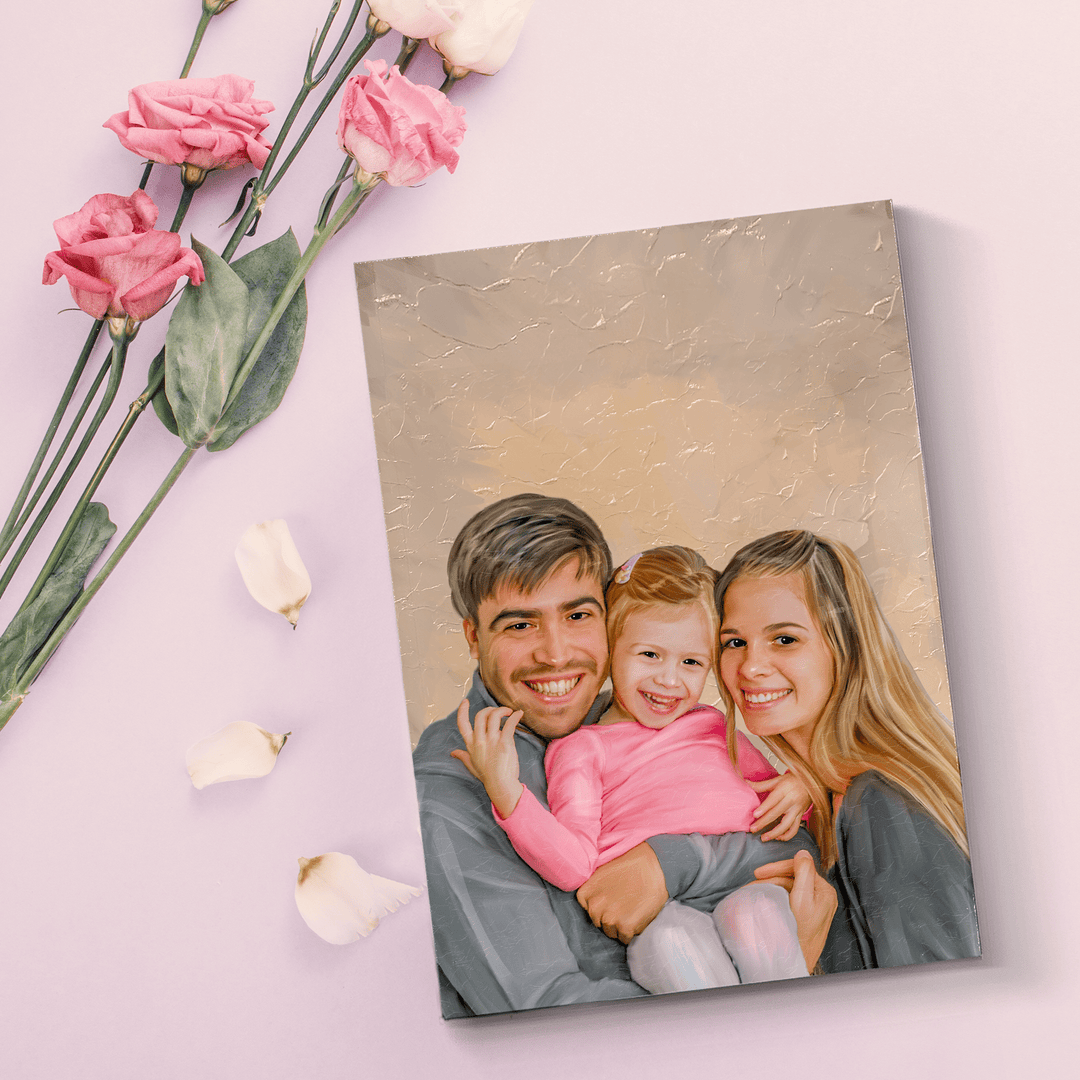Funeral Planning Guidelines To Memorialize Your Loved Ones

Navigating the challenging path of losing a loved one is never easy, and the funeral arrangements that follow can be emotionally taxing. In this guide, we will provide essential funeral planning guidelines to help you memorialize your loved ones with care and consideration. Understanding the key aspects of funeral arrangements will not only ease the process but also allow you to pay tribute to the departed in a meaningful and dignified manner. From selecting the right service type to arranging logistics, this guide will walk you through the necessary steps to ensure a loving and respectful farewell for your dearly departed.

Photo by RDNE Stock Project from Pexels
Preparing The Funeral Details You Need
Preparing the funeral details you need is a crucial step in honoring the memory of your loved one with the respect and dignity they deserve. When a family member or friend passes away, there are numerous logistical and emotional aspects to consider. To ensure a well-organized and meaningful funeral, it's essential to gather the necessary information and make key decisions. This includes selecting the type of service, determining the final resting place, coordinating with funeral homes, and addressing legal and financial matters. Our comprehensive guide will provide you with the knowledge and guidance needed to navigate this challenging time, making the process as smooth and compassionate as possible, and ultimately allowing you to create a heartfelt tribute to the one you've lost.
Steps To Planning A Funeral
Funeral planning is a difficult yet essential process when dealing with the loss of a loved one. Navigating through the emotional and logistical aspects of arranging a funeral can be overwhelming, but a well-structured funeral planning checklist can serve as a guiding light during this challenging time. This guide will assist you in honoring their memory with care and consideration.
Choose the Type of Funeral Service
Selecting the type of funeral service is often the first and most significant decision. This choice can be influenced by cultural, religious, or personal beliefs. Whether you opt for a traditional burial, cremation, or a more personalized memorial service, this decision sets the tone for the entire funeral planning process.
Select a Funeral Home
Choosing the right funeral home is crucial. Research local funeral homes and consider factors such as reputation, location, pricing, and the services they offer. An initial meeting with the funeral director will allow you to discuss your specific needs and make necessary arrangements.
Establish a Budget
Understanding your budget is an essential aspect of funeral planning. It helps you make informed decisions about various elements of the service, such as the casket or urn, flowers, and more. Discussing financial aspects with family members or those responsible for covering the costs is also important to avoid any financial stress.
Notify Close Family and Friends
After the loss of a loved one, notifying close family and friends is a delicate yet necessary task. Share the news of the passing and provide details about the upcoming funeral arrangements once they are confirmed. You can delegate this responsibility to close family members or friends to help share the information.
Select the Final Resting Place
Determining the final resting place is a significant decision. Whether it's a cemetery plot, mausoleum, or the scattering of ashes, this choice should be made thoughtfully. It's essential to discuss this decision with family members to ensure a consensus and that it aligns with the wishes of the departed.
Other Helpful Tips To Consider For Funeral Planning
In the midst of grief and loss, planning a funeral can be an emotionally challenging task. While there are essential steps to follow, there are also additional considerations that can make the process more manageable and ensure that you create a meaningful and respectful farewell for your loved one.
Personalize the Service
Every individual is unique, and a personalized funeral service can reflect the personality, values, and passions of the deceased. Consider incorporating their favorite music, hobbies, and interests into the ceremony, as well as creating a memorial display with mementos and photographs.
Seek Professional Guidance
Funeral directors are experienced in handling all aspects of a funeral. Their expertise can be invaluable during this challenging time, so don't hesitate to ask for their guidance and assistance.
Plan for Emotional Support
Funeral planning is emotionally taxing, and it's important to plan for emotional support for yourself and your family. Consider seeking counseling or grief support services to help navigate the grieving process.
Offer Multiple Ways to Contribute
Allow friends and family to contribute in meaningful ways, whether through delivering eulogies, performing music, giving memorial gifts, or sharing personal anecdotes. Involving loved ones in the service can help them cope with their grief.
Include a Eulogy
A eulogy is a heartfelt way to pay tribute to the departed and share their life story with those in attendance. Whether written and delivered by a family member or a close friend, a eulogy can provide comfort and a deeper understanding of the person being honored.
Create Memorial Artworks
Creating memorial artwork for a funeral service offers a tangible representation of the life and essence of the departed, serving as both a focal point for collective mourning and a lasting tribute to their legacy. Such personalized art not only provides solace to the grieving but also ensures that the memories of the loved one remain vivid, timeless, and celebrated. Below are some examples of memorial artworks:
Family Portrait Painting

Order your family portrait painting here
A family portrait painting, especially in a setting as solemn as a funeral, serves as a visual testament to the enduring bonds of kinship. It captures generations of lineage, shared moments, and the interconnectedness of lives. The displayed artwork evokes memories, offering attendees a comprehensive glance into the familial ties that the deceased was an intrinsic part of.
Framed Photo

Add a deceased loved one to photo here
In times of loss, a framed photo—especially one that can add a deceased loved one to photo—holds immeasurable value. This customized touch ensures that even if the departed isn't present in an original family photo, they can be seamlessly integrated, symbolizing their everlasting place in the family and hearts. Such a photo becomes a poignant reminder of moments shared, laughter cherished, and a life well-lived.
Personal Watercolor Painting

Order your personal watercolor painting here
A personal watercolor painting brings forth the individuality and essence of the departed. The gentle strokes and soothing colors of watercolor have a unique ability to capture the soul, vibrancy, and essence of a person. It offers an intimate perspective, allowing mourners to connect deeply, reminiscing about the nuances that made their loved one special.
FAQs
How soon should you plan a funeral after death?
The timing of planning a funeral after a loved one's death can vary depending on individual circumstances and personal preferences. Generally, it's advisable to begin the planning process as soon as possible, but there's no strict rule or set timeframe. Some families may choose to start planning within a day or two of the death, while others may need more time to cope with their grief and make important decisions. Funeral planning can typically be completed within a few days to a week, but it may take longer if there are complex arrangements or if certain family members need to travel to be present.
How Long Does It Take to Plan a Funeral?
The duration of funeral planning is influenced by various factors, including the specific services chosen, the availability of the funeral home, and the coordination of various aspects such as securing the burial plot, obtaining permits, and scheduling the ceremony. Simpler arrangements may take less time to plan, while elaborate or customized services may require more extensive preparation.
What Affects Funeral and Cremation Costs?
Some key factors that affect costs include the choice between burial and cremation, the type of casket or urn selected, the location and size of the service, the cost of transportation, the selection of additional services like embalming or a graveside service, and any personalizations or customizations desired. Geographic location also plays a role, as funeral costs can vary significantly from one region to another.
Eternalize Your Memories with Memorialize Art!
In the journey of saying goodbye to our loved ones, funeral planning becomes an act of love and remembrance. These funeral planning guidelines have provided you with the knowledge and steps needed to create a heartfelt farewell that truly honors your cherished departed. Remember that while this process can be challenging, it is also an opportunity to celebrate a life well-lived. To further immortalize the memory of your loved one, consider transforming their precious moments into personalized artworks with Memorialize Art. Your unique love story can come to life through their skilled artists, ensuring that the legacy of your loved one lives on in a truly artistic and meaningful way.










